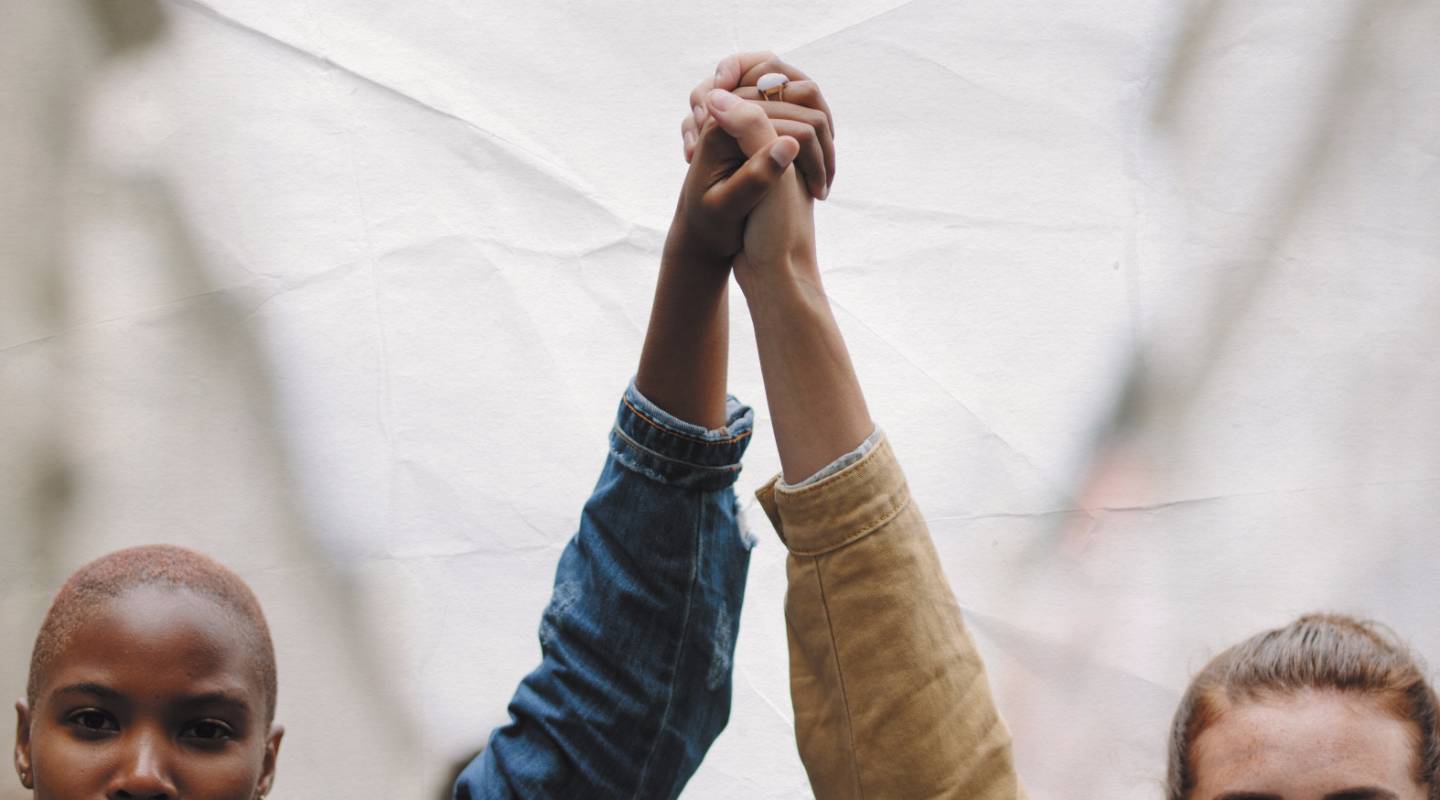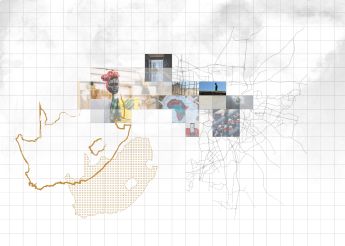RC. The World Congress aims to connect those fighting to abolish the death penalty, in particular, individuals from local civil society organisations, who are closest to the issue. It is challenging to be an activist and abolitionist in countries where the debate on this form of punishment is tense. As such, the goal of the congress is to provide a space for people engaged with this issue to meet, network, and share ideas. This will be the first congress following the COVID-19 pandemic. We spent three years unable to meet and with limited access to prisons, if any. The pandemic also prevented us from engaging in dialogue with the UN, whose headquarters in Geneva and New York were inaccessible to human rights groups at the time. This is why the World Congress is so vital.
The congress is a political event. Abolition of the death penalty will always be the result of fortitude and determination from political figures, whether these be prime ministers, presidents, ministers of justice, kings or queens. This determination is essential for change and the World Congress aims to serve as a springboard for brave political action.
Governments from every country have been invited to take part in the congress and to present positive progress towards abolition of the death penalty. We also hope to welcome a number of Ministers of Justice and Minsters for Foreign Affairs from countries where concrete work towards abolition is yet to take place.
This year’s congress in Berlin is a success before it has even taken place: we have had a record number of ministers confirm their attendance. The congress’ 1,500 attendees will mingle with government representatives both from countries in favour of abolishing the death penalty and those opposed. This sends a powerful message. The right to life is a fundamental human right: abolishing the death penalty is a universal fight.
We take an intersectional approach to our work which allows for dialogue between organisations working on a range of issues. For example, we intend to establish a link between the feminist movement and our fight for greater justice. We equally hope to connect organisations against child abuse with those combating racial and gender-based discrimination.




